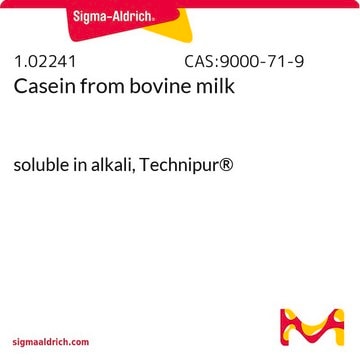1.07288
n-Pentane
hypergrade for organic trace analysis SupraSolv®
Synonym(s):
Pentane
About This Item
Recommended Products
vapor density
2.48 (vs air)
Quality Level
product line
SupraSolv®
assay
≥99.9% (GC)
form
liquid
autoignition temp.
500 °F
potency
>2000 mg/kg LD50, oral (Rat)
expl. lim.
~8.3 %
technique(s)
gas chromatography (GC): suitable
impurities
≤0.01% Water
Looking for similar products? Visit Product Comparison Guide
Related Categories
General description
Application
- quantification of trace odor-active polyfunctional mercaptans in wine by GC-MS[1]
- analysis of volatiles from Brussels sprouts plants infested by herbivorous insects by GC coupled to electroantennogram (EAG)[2]
- analysis of herbicides molinate and bentazone in soil by GC coupled to flame ionization detector(FID)[3]
Analysis Note
Identity (IR): conforms
Evaporation residue: ≤ 3.0 mg/l
Water: ≤ 0.01 %
Colour: ≤ 10 Hazen
GC/ECD (retention range 1,2,4-tri-chlorobenzene to decachlorobiphenyle,individual signals (lindane standard)): ≤ 2 pg/ml
GC/ECD (retention range dichloromethane to 1,2,4-trichlorobenzeneindividual signals (tetrachloromethane)): ≤ 1 ng/ml
GC/FID (retention range n-undecane ton-tetracontane,individual signals (n-tetradecane standard)): ≤ 2 ng/ml
GC/MSD (retention range n-undecane ton-tetracontane, scaning area 30 - 600 amu,individual signals (n- tetradecane standard)): ≤ 2 ng/ml
suitable for residue analysis
Other Notes
Legal Information
related product
signalword
Danger
Hazard Classifications
Aquatic Chronic 2 - Asp. Tox. 1 - Flam. Liq. 2 - STOT SE 3
target_organs
Respiratory system
supp_hazards
Storage Class
3 - Flammable liquids
wgk_germany
WGK 2
flash_point_f
-40.0 °F
flash_point_c
-40 °C
Certificates of Analysis (COA)
Search for Certificates of Analysis (COA) by entering the products Lot/Batch Number. Lot and Batch Numbers can be found on a product’s label following the words ‘Lot’ or ‘Batch’.
Already Own This Product?
Find documentation for the products that you have recently purchased in the Document Library.
Customers Also Viewed
Our team of scientists has experience in all areas of research including Life Science, Material Science, Chemical Synthesis, Chromatography, Analytical and many others.
Contact Technical Service









